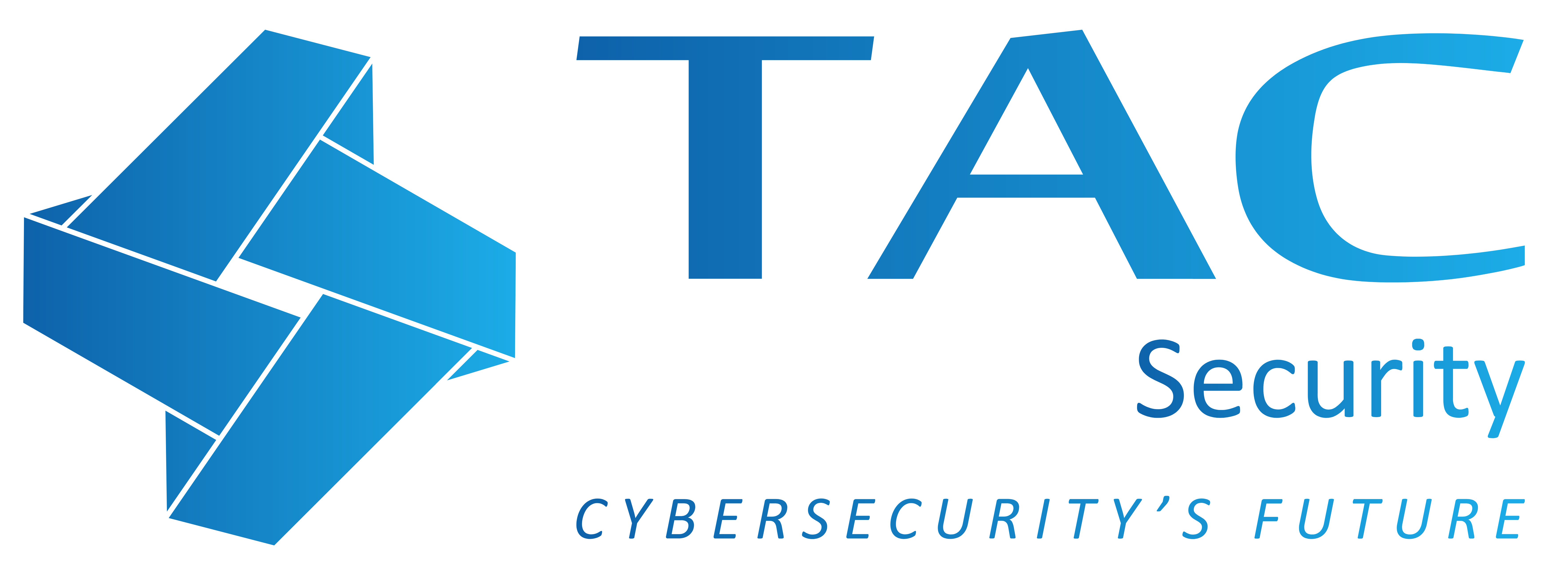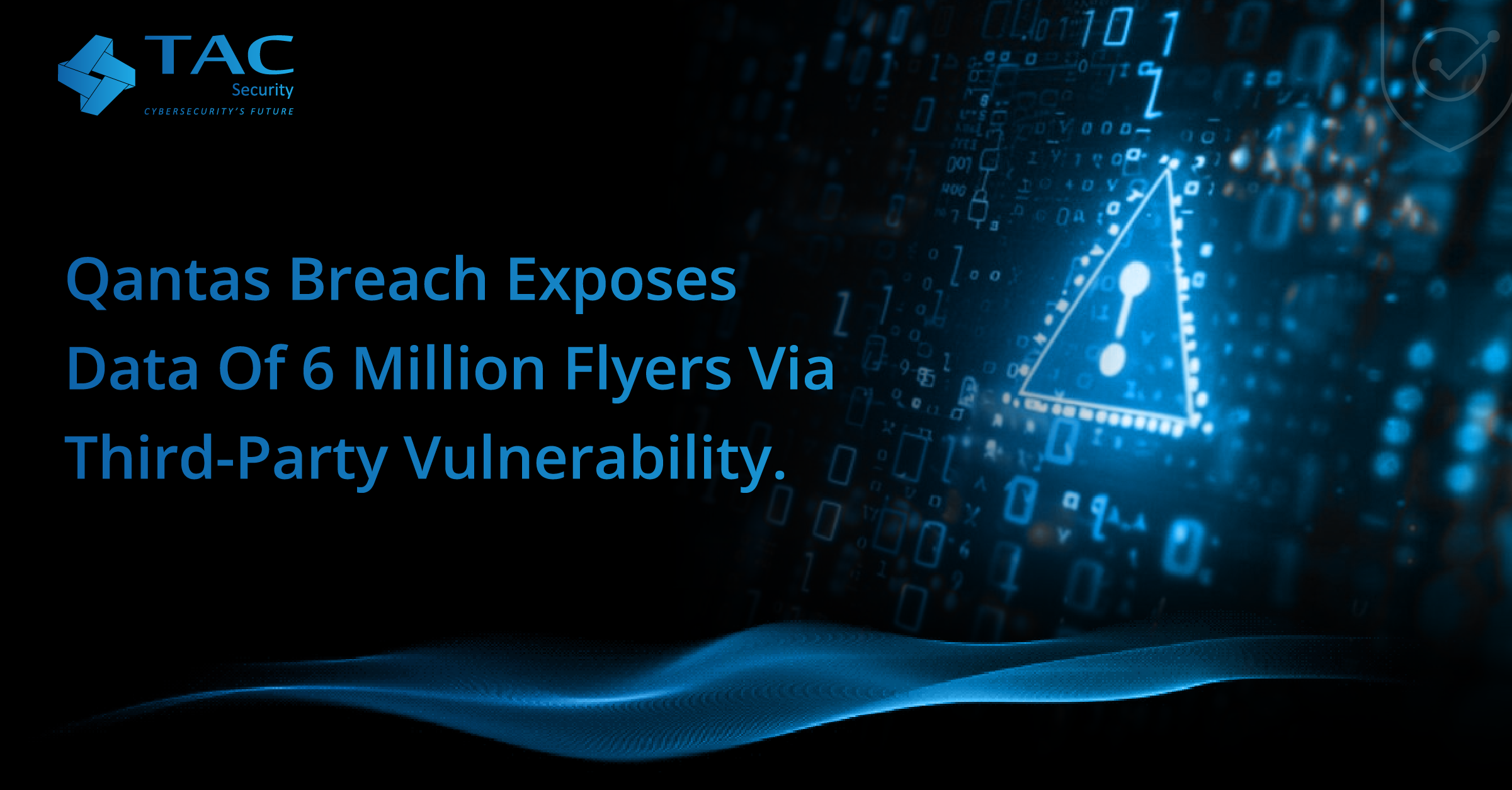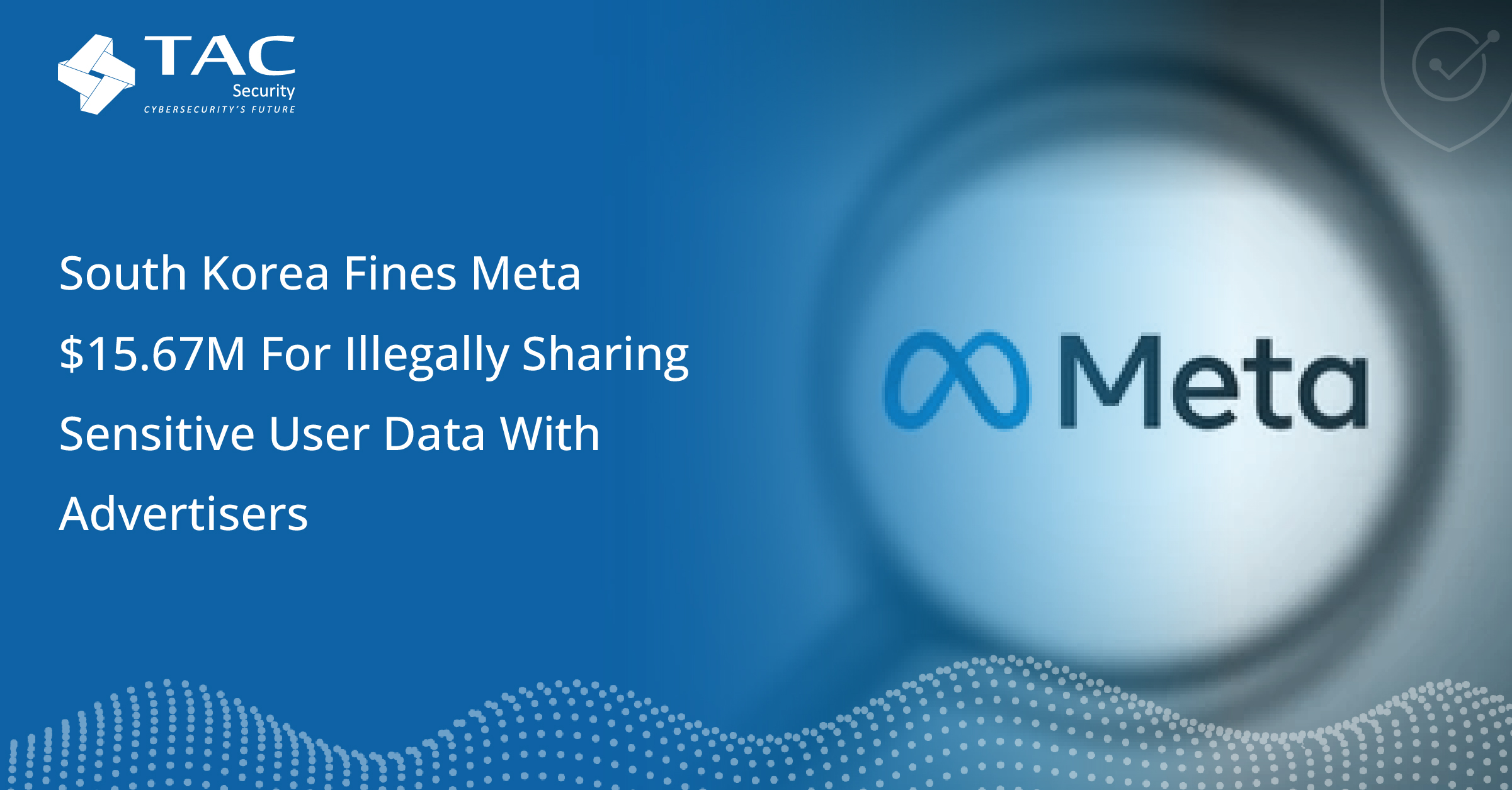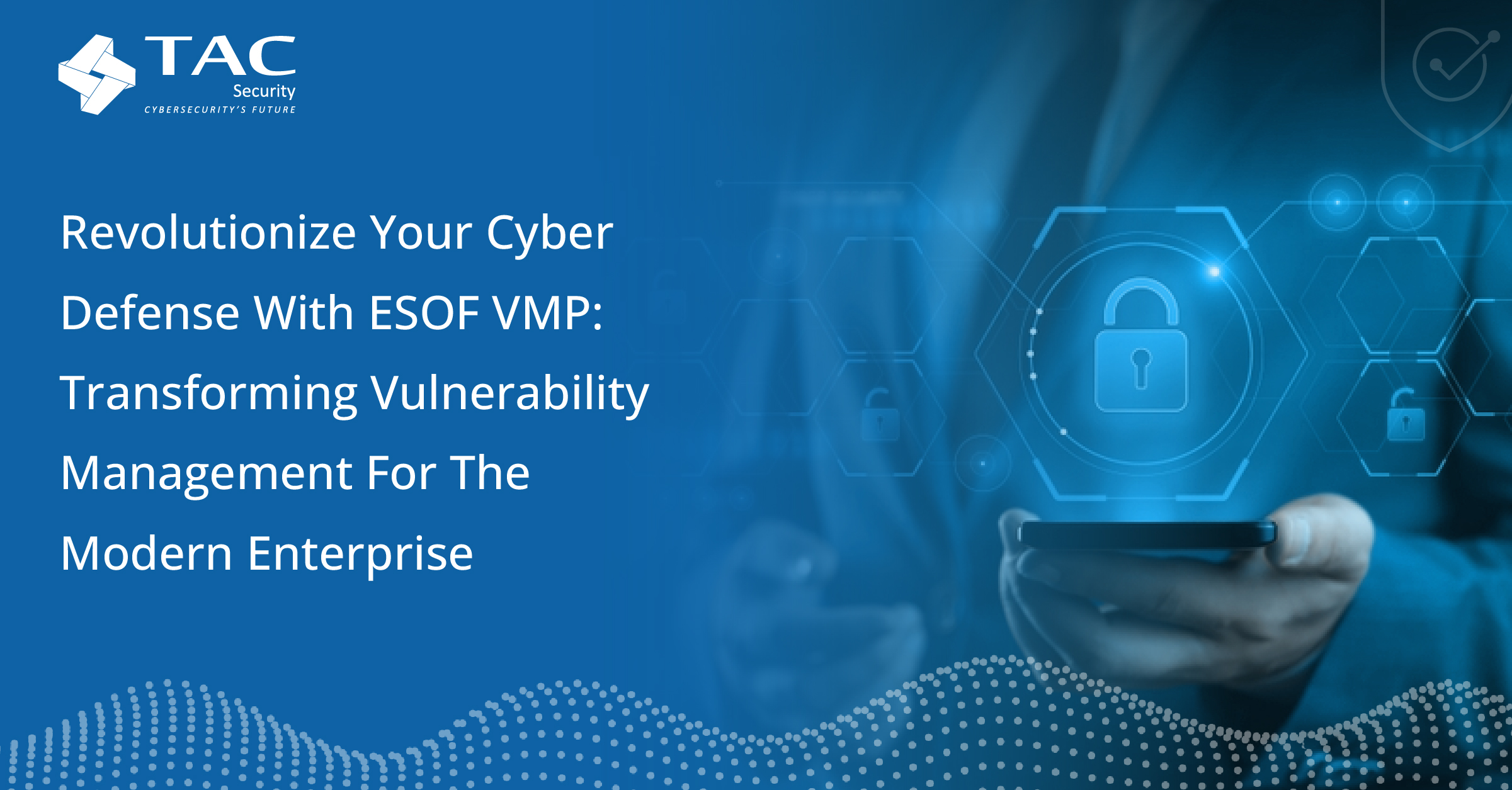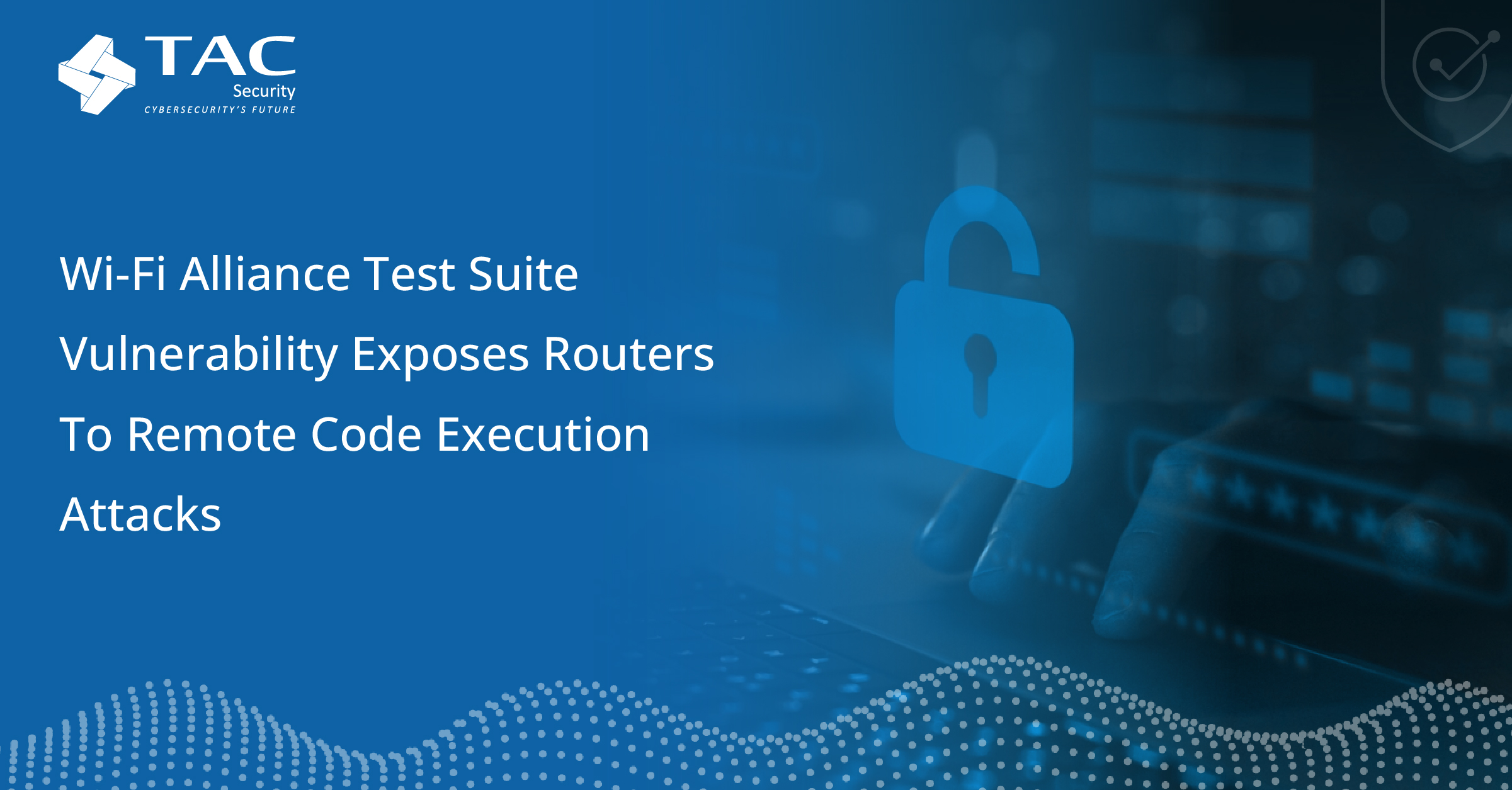Ransomware Attack on German Pharmaceutical Wholesaler Disrupts Medicine Supplies: How the Industry Can Strengthen Its Cyber Resilience
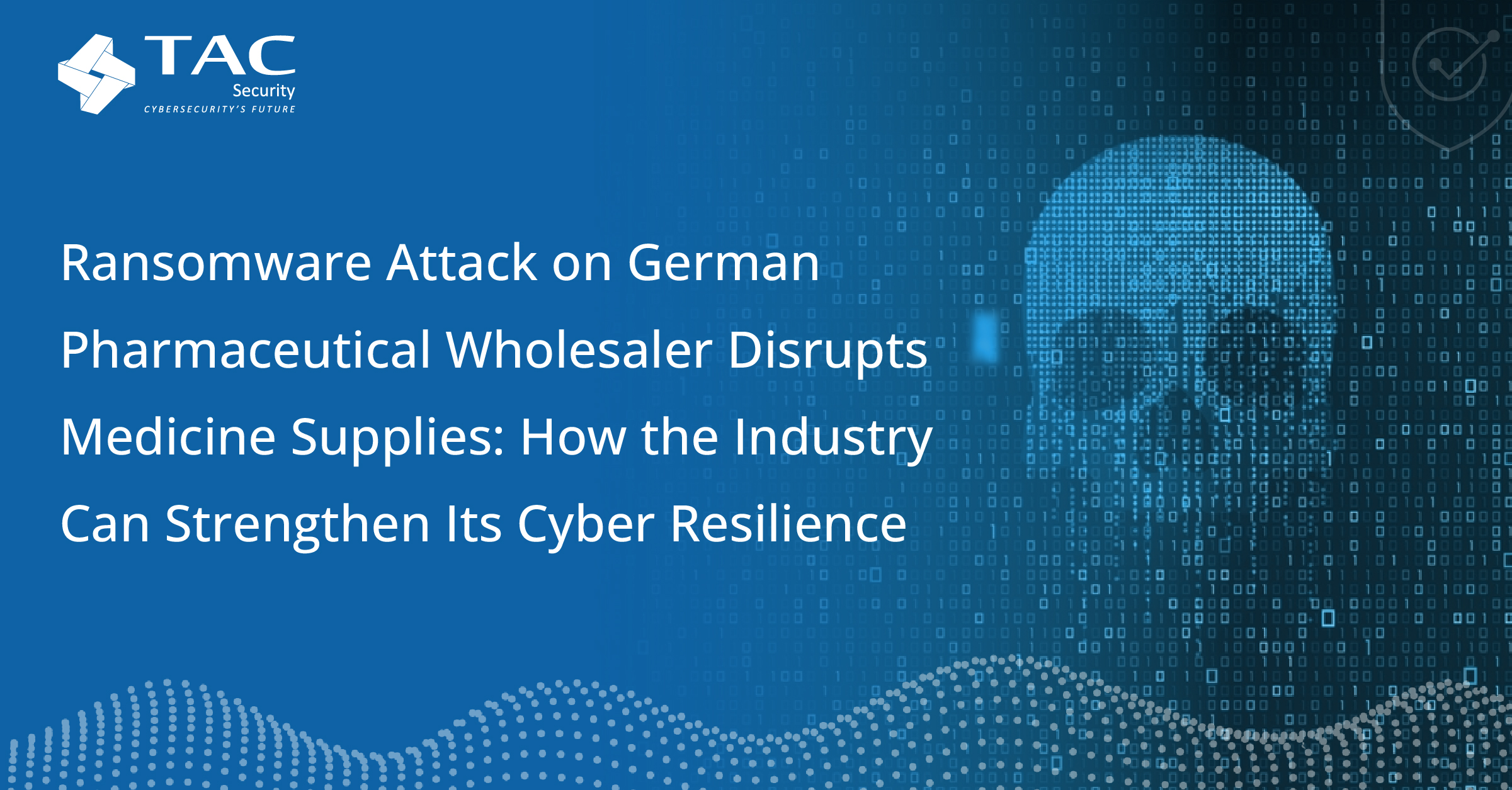
In a significant blow to Germany’s healthcare supply chain, a ransomware attack recently targeted a major pharmaceutical wholesaler, causing widespread disruptions in the delivery of essential medicines. This attack has raised urgent questions about the vulnerability of healthcare logistics and the pharmaceutical industry’s cybersecurity preparedness. Here’s a closer look at the incident, the impact it has had on healthcare operations, and the crucial steps needed to strengthen cybersecurity in the pharmaceutical supply chain.
What Happened in the Attack?
The ransomware attack struck a leading German pharmaceutical wholesaler, which plays a pivotal role in supplying medicines to pharmacies, hospitals, and healthcare providers across the country. Cybercriminals deployed ransomware to encrypt critical systems, effectively halting the company’s operations and preventing it from fulfilling medicine orders. As a result, pharmacies experienced delays in receiving medications, leading to potential risks for patients relying on timely access to essential treatments.
While the company has been working with cybersecurity experts to restore systems and resume normal operations, the incident highlights the wide-reaching implications of ransomware attacks on essential industries like healthcare and pharmaceuticals.
The Impact of Ransomware on Pharmaceutical Supply Chains
The pharmaceutical supply chain is complex and interconnected, relying on the smooth functioning of logistics, warehousing, and digital records to manage the flow of drugs and medical supplies. When a ransomware attack disrupts this chain, it can create several critical issues:
- Medication Shortages: Disruptions in the supply chain can lead to shortages of critical medicines, which can severely impact patient care, especially for those needing time-sensitive treatments.
- Financial Losses: Downtime caused by ransomware attacks leads to significant revenue losses and potential regulatory fines, especially if sensitive data is compromised.
- Damage to Reputation and Trust: Disruptions in healthcare logistics damage public trust in the pharmaceutical system, which depends on reliability, efficiency, and safety in medicine distribution.
- Data Privacy Risks: Pharmaceutical companies handle sensitive patient and healthcare provider information, and ransomware attacks often threaten to leak this data if ransom demands are unmet, leading to possible privacy violations and legal implications.
The Role of Cybersecurity Solutions
To combat these rising threats, educational institutions must adopt comprehensive cybersecurity measures. TAC Security’s Enterprise Security in One Framework (ESOF) offers a robust solution:
1.Vulnerability Management: ESOF continuously identifies and addresses security weaknesses, reducing the likelihood of exploitation, as seen in the BBZ incident.
2.Incident Response: The framework facilitates swift incident response, enabling institutions to mitigate the effects of attacks effectively.
3.Threat Intelligence: Real-time threat intelligence keeps institutions informed about emerging threats, allowing for proactive security measures.
4.Compliance and Reporting: ESOF helps maintain regulatory compliance and generate necessary reports, reducing legal risks associated with data breaches.
Conclusion:
The ransomware attack on a German pharmaceutical wholesaler is a stark reminder of the vulnerabilities in our healthcare infrastructure and the high stakes involved in protecting it. For pharmaceutical companies, cyber resilience isn’t just about avoiding financial losses; it’s a matter of public health and patient safety.
By investing in robust cybersecurity measures, employee training, Zero Trust policies, and a well-defined incident response plan, pharmaceutical companies can defend against ransomware attacks, ensuring that essential medicine supplies reach those in need without disruption. The future of healthcare depends on securing the digital backbone of the pharmaceutical industry, and the time to take action is now.
